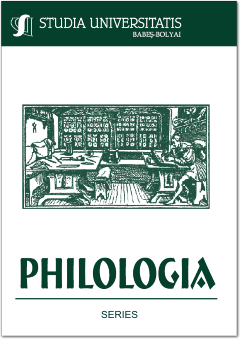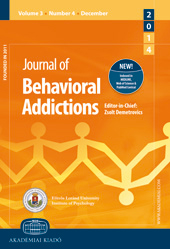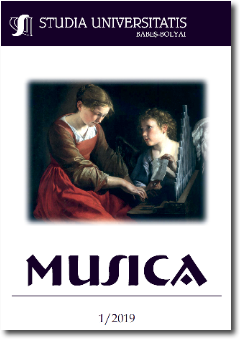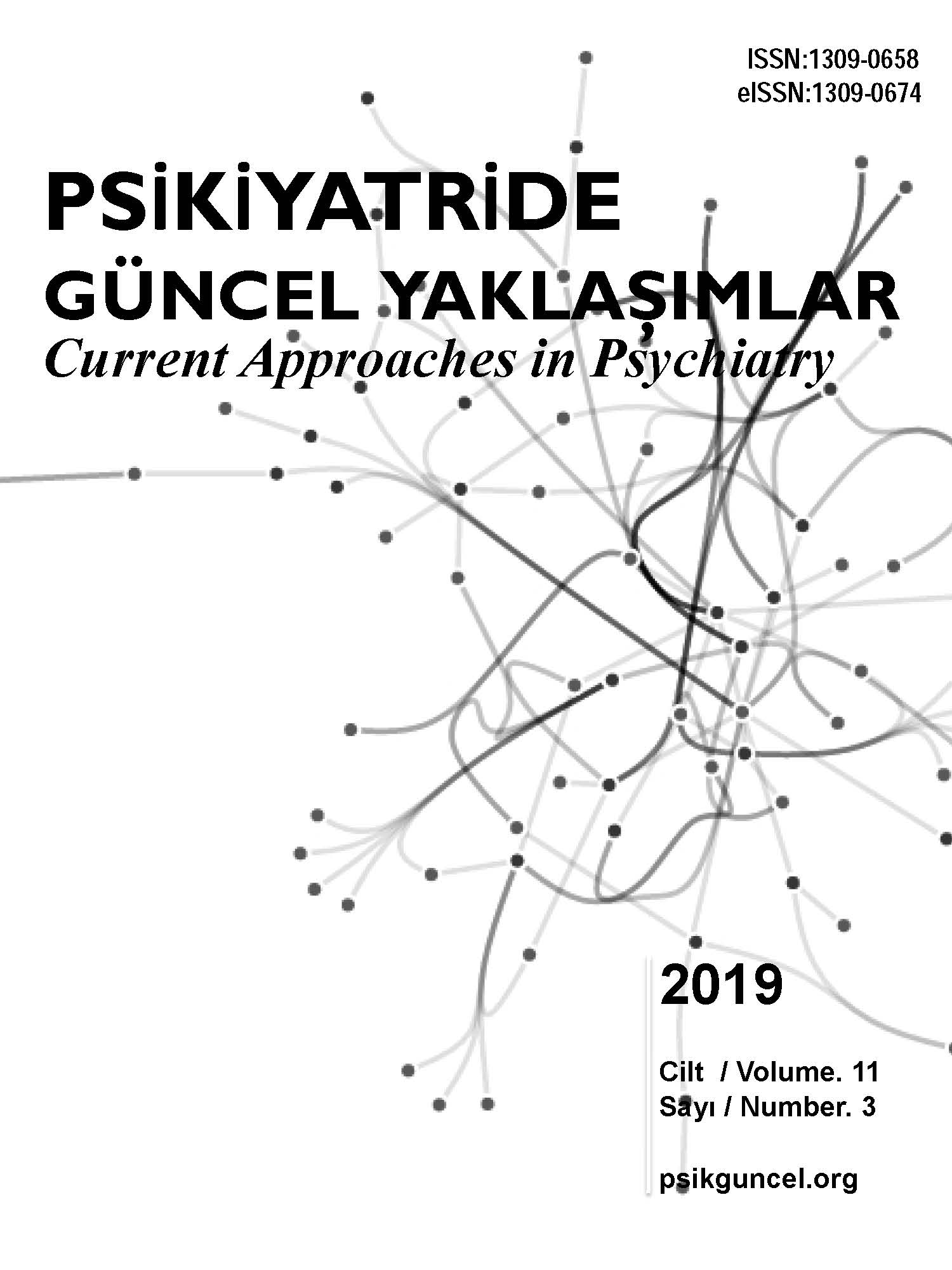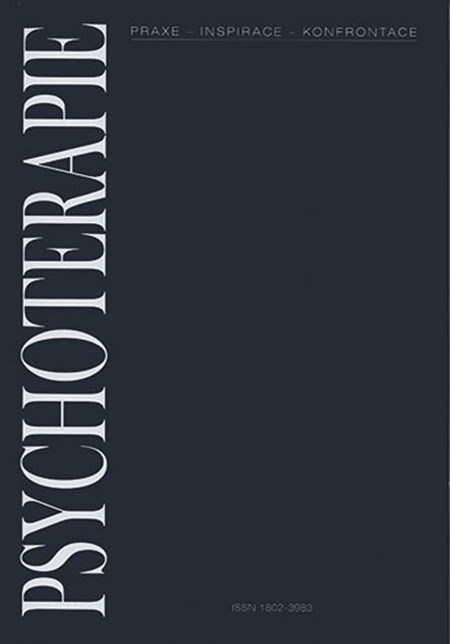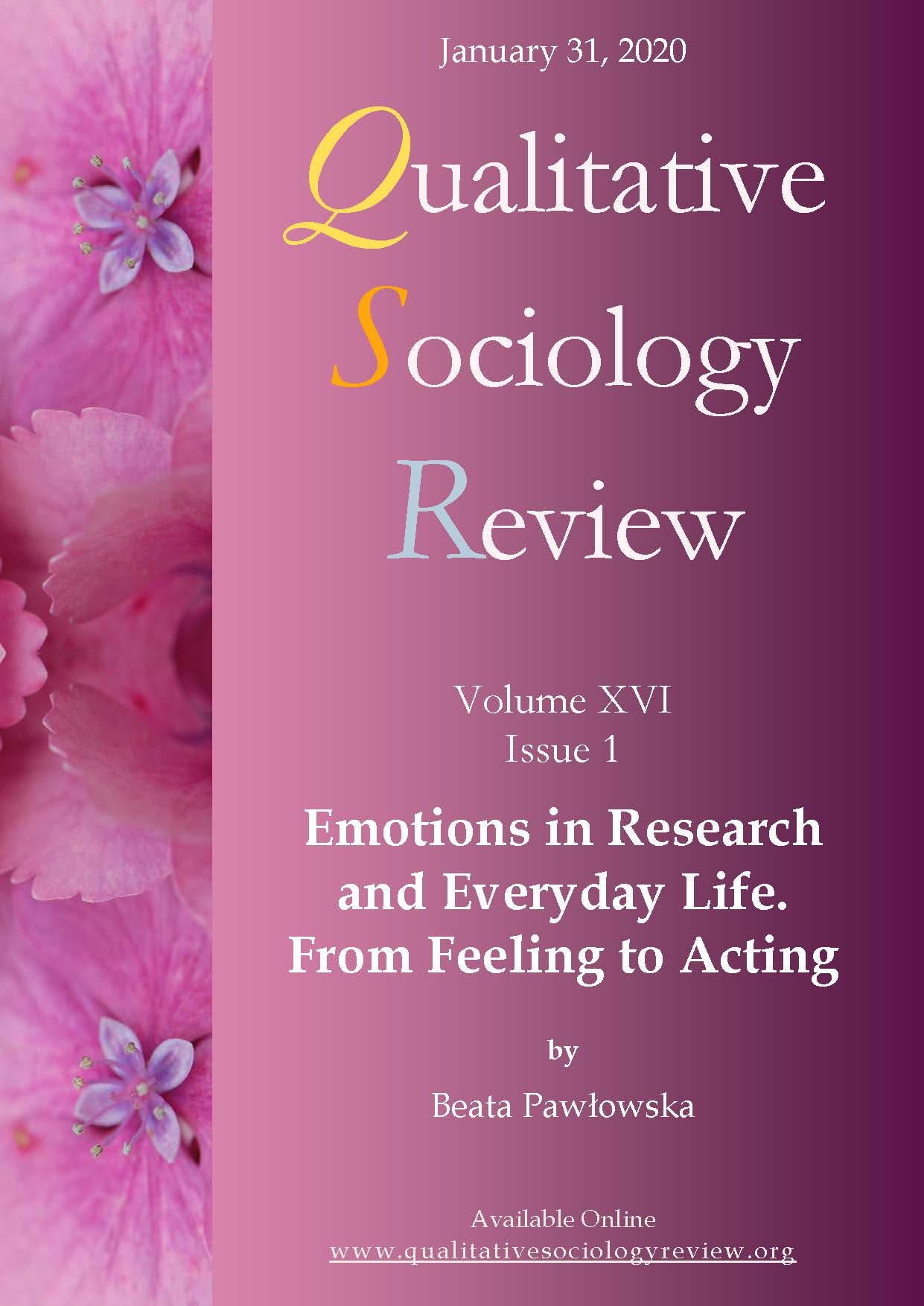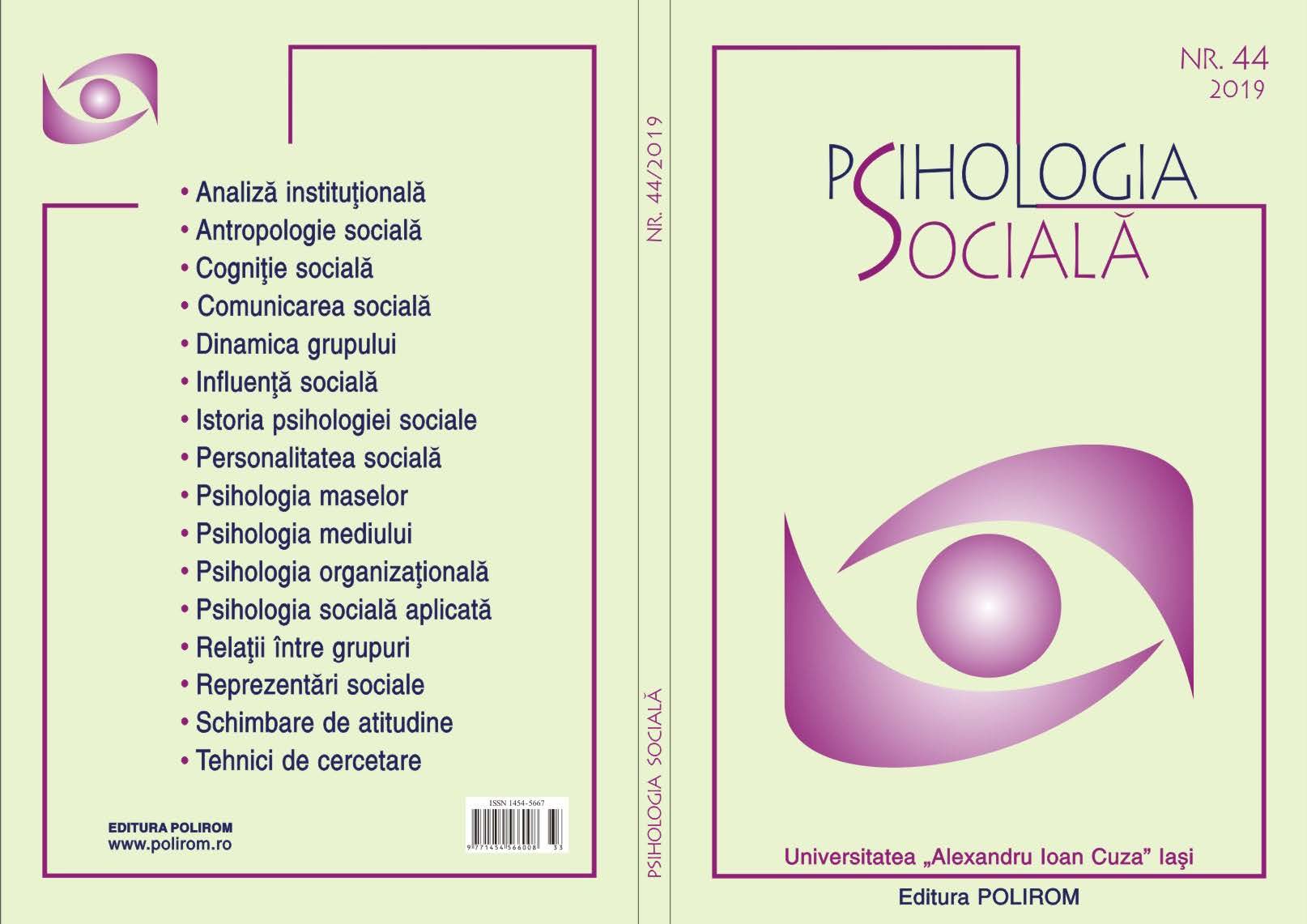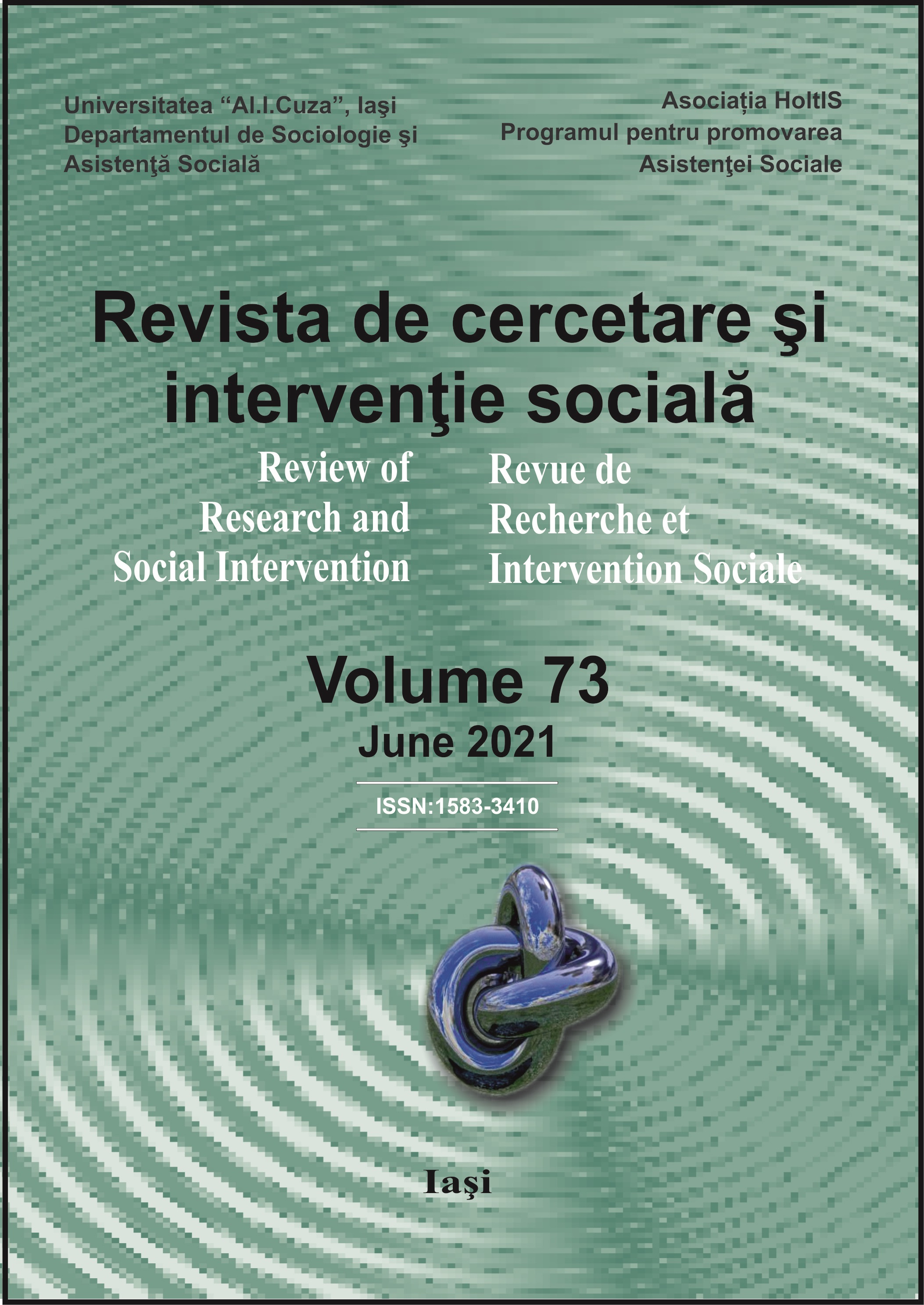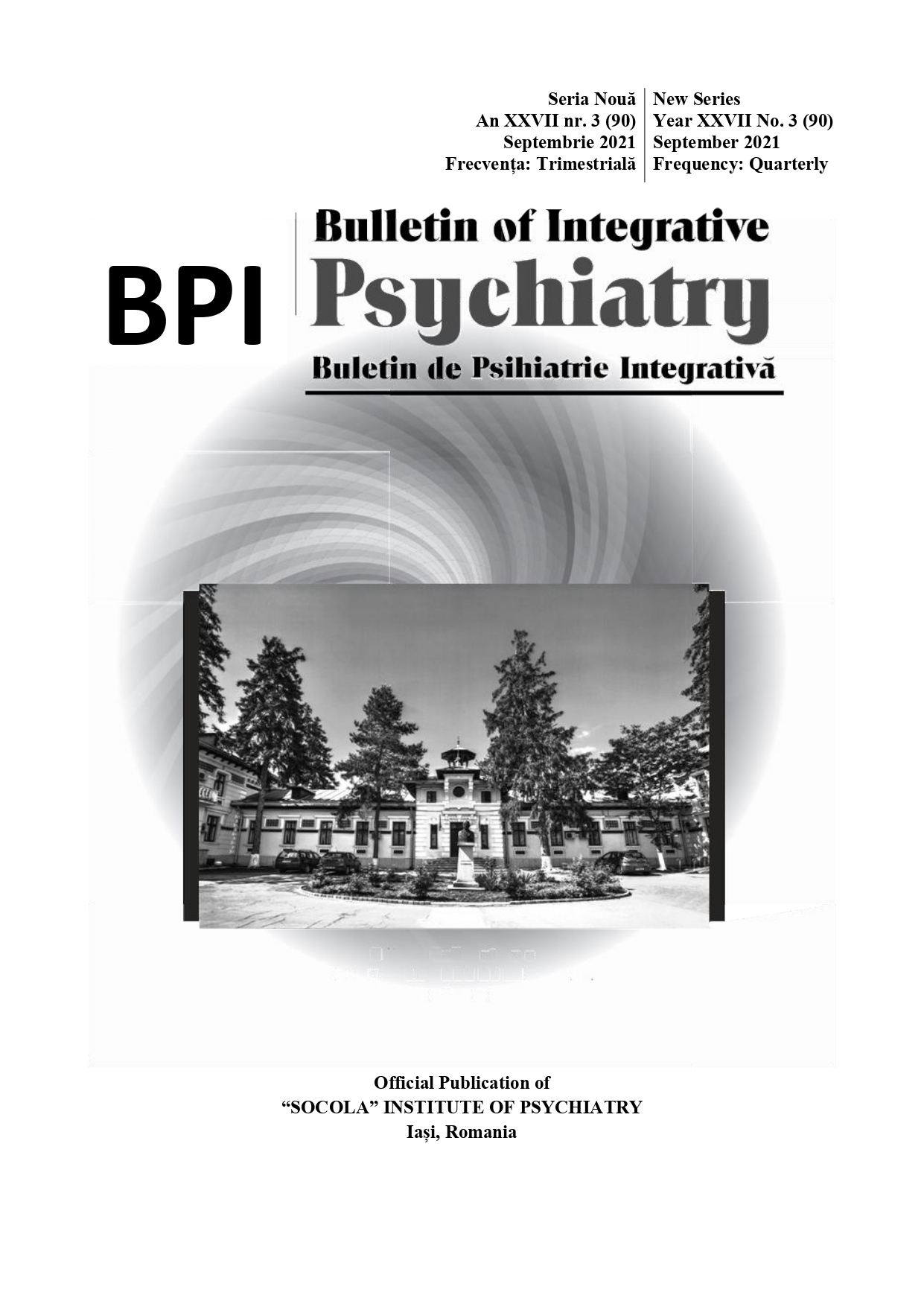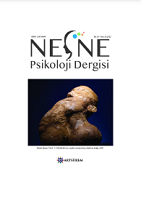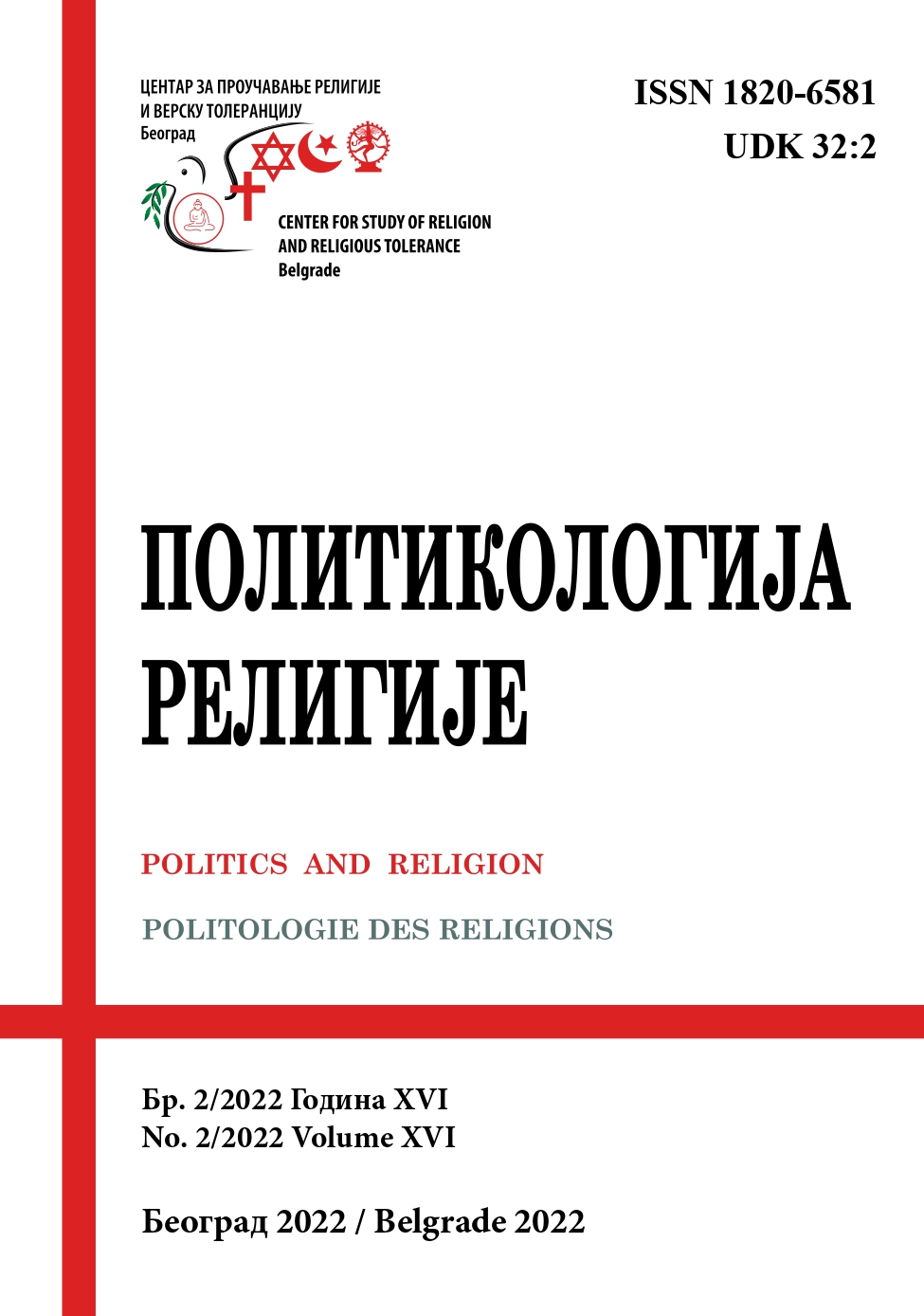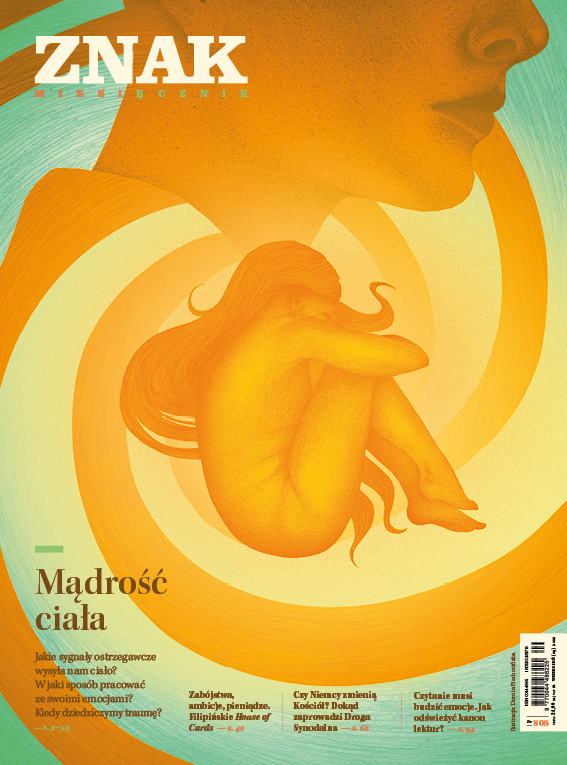
APPLICATION OF META-COGNITIVE THERAPY IN THE TREATMENT OF GENERALISED ANXIETY DISORDER
PRIMJENA METAKOGNITIVNE TERAPIJE U TRETMANU GENERALIZIRANOG ANKSIOZNOG POREMEĆAJA
Keywords: meta-cognitive therapy techniques; the techniques of the delayed process of worry; detached mindfulness; generalized anxiety disorder
Meta-cognitive therapy is focused on the individual’s relationship to his own thoughts and processes of thinking. According to meta-cognitive theoretical approach, emotional disorder occurs because the mistaken beliefs about the process of thinking cause the pattern of responses about personal experience that reflects the emotions and reinforces negative ideas. The aim of this paper is to provide presentation of meta-cognitive model of generalized anxiety disorder, the structure of the treatment according to the principles of meta-cognitive therapy and an overview of basic meta-cognitive technique in the treatment of generalized anxiety disorder. Key cognitive characteristic of generalized anxiety disorder is worry. There are beliefs about the effectiveness of worry in the prevention of danger, beliefs about uncontrollability of worrying and believes that worry can lead to physical, psychological and social catastrophe. Activation of these beliefs on meta-cognitive level makes people continuously engaged in the process of worry which causes specific answers at the behavioral, cognitive and emotional level. Treatment focuses on testing more effective response to the thoughts in such a way that the patient reveals that worries are not uncontrollable. The first stage of the treatment focuses on understanding of the problem in collaboration with the patient, through the use of the meta-cognitive model of the disorder. The second stage of the treatment applies meta-cognitive techniques in order to modify distorted beliefs about the process of worry. The last stage of the treatment focuses on the adoption of a new plan for the processing and the prevention of return of symptoms. Basic meta-cognitive techniques applied in treatment of generalized anxiety disorder include: techniques of the delay the process of worry and detached mindfulness. Using the above techniques client adopts a new way of processing, while standard method of cognitive-behavioral therapy, Socrates’ dialogue and behavioral experiment are applied to modify positive and negative meta-cognitive beliefs. The results of various studies on the rate of recovery and the effects of the treatment of generalized anxiety disorder, confirm the advantages of meta-cognitive model of GAD treatment in comparison to the classical cognitive behavioral model
More...


